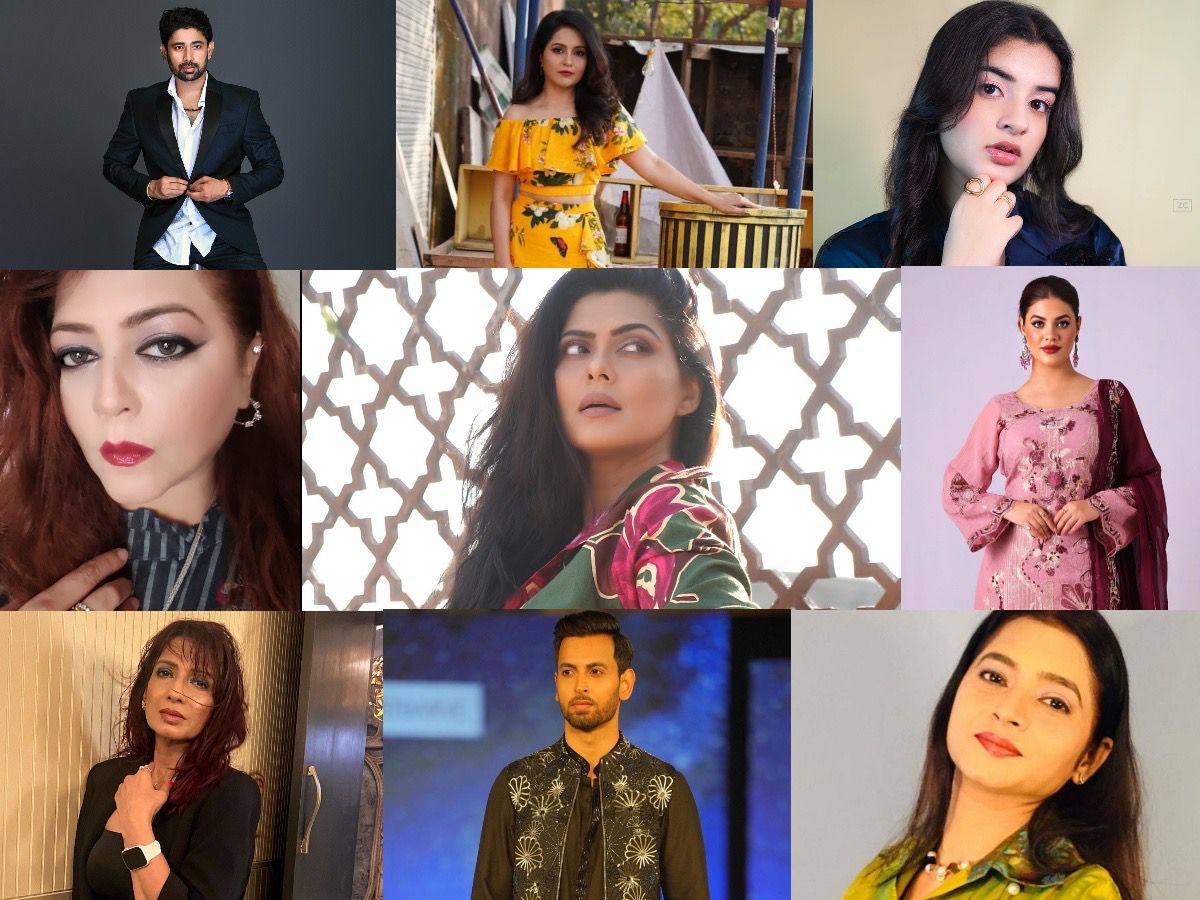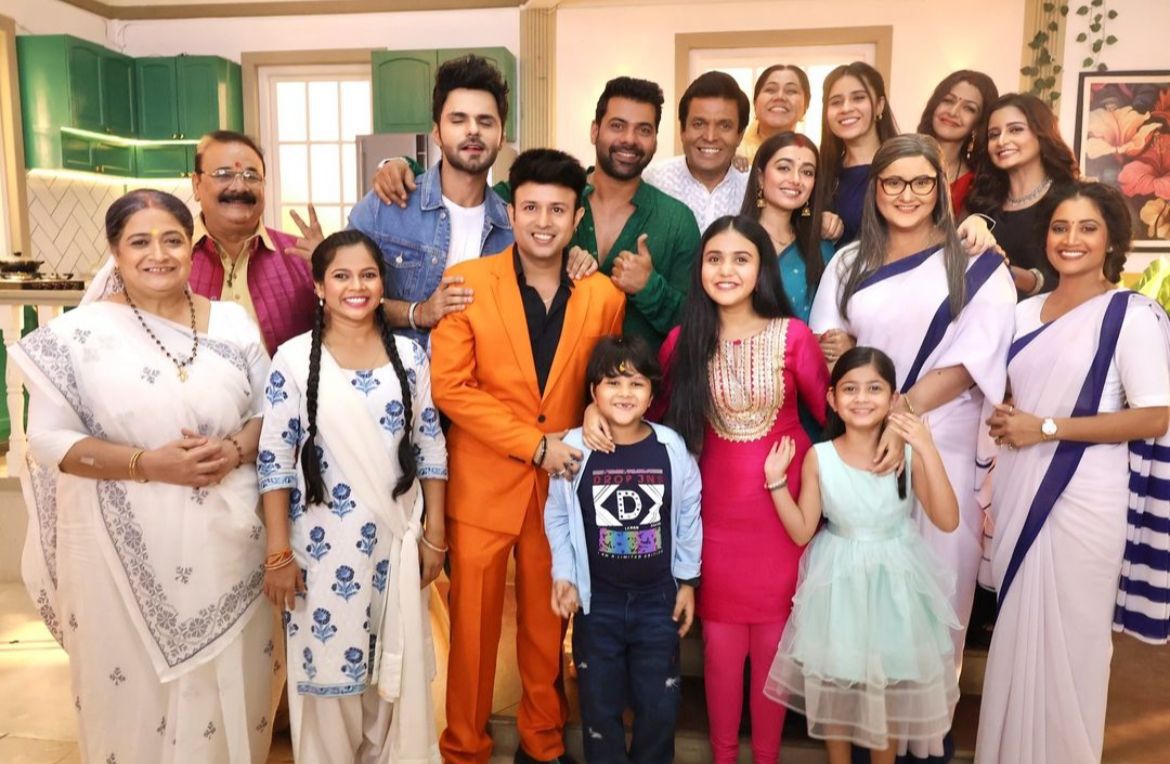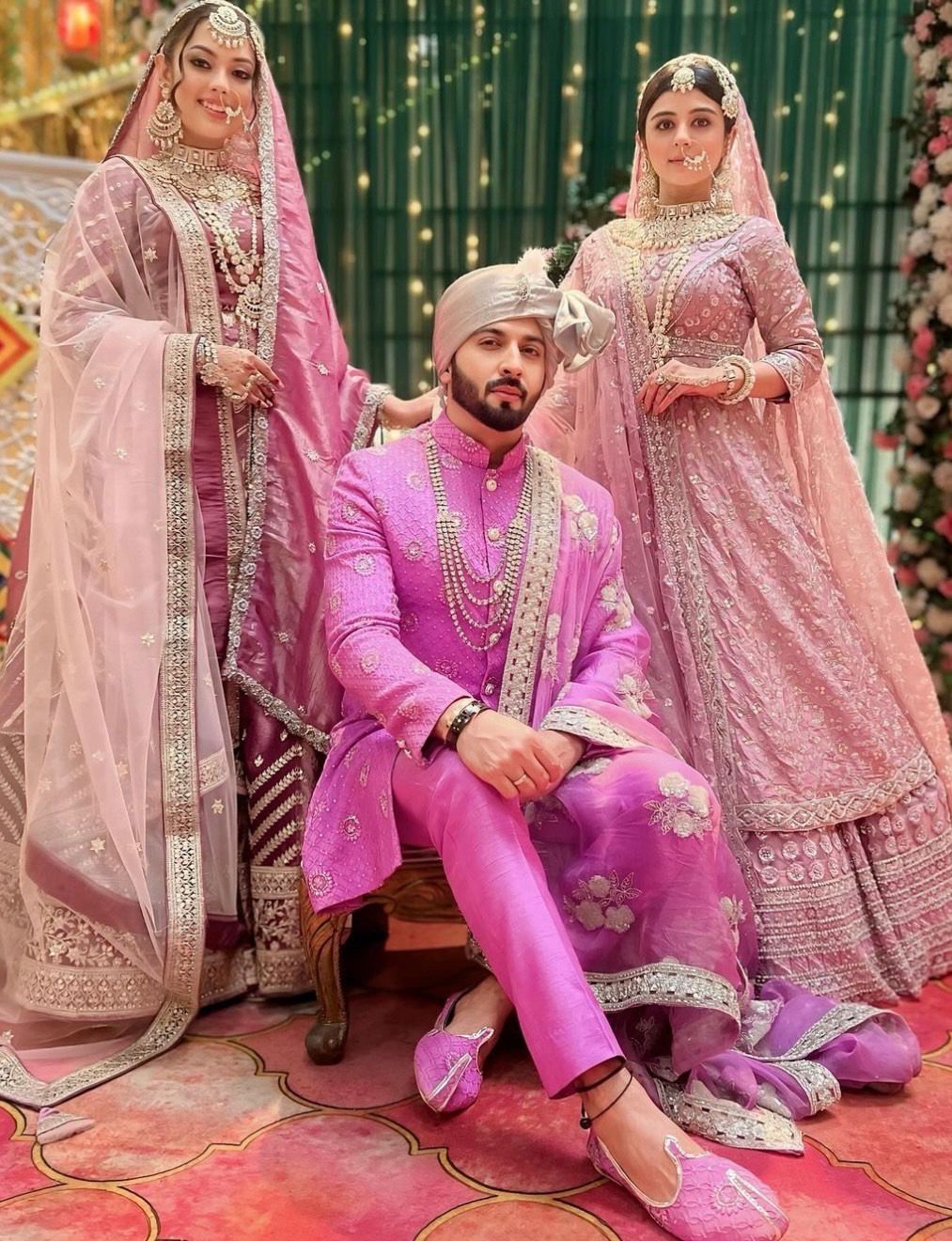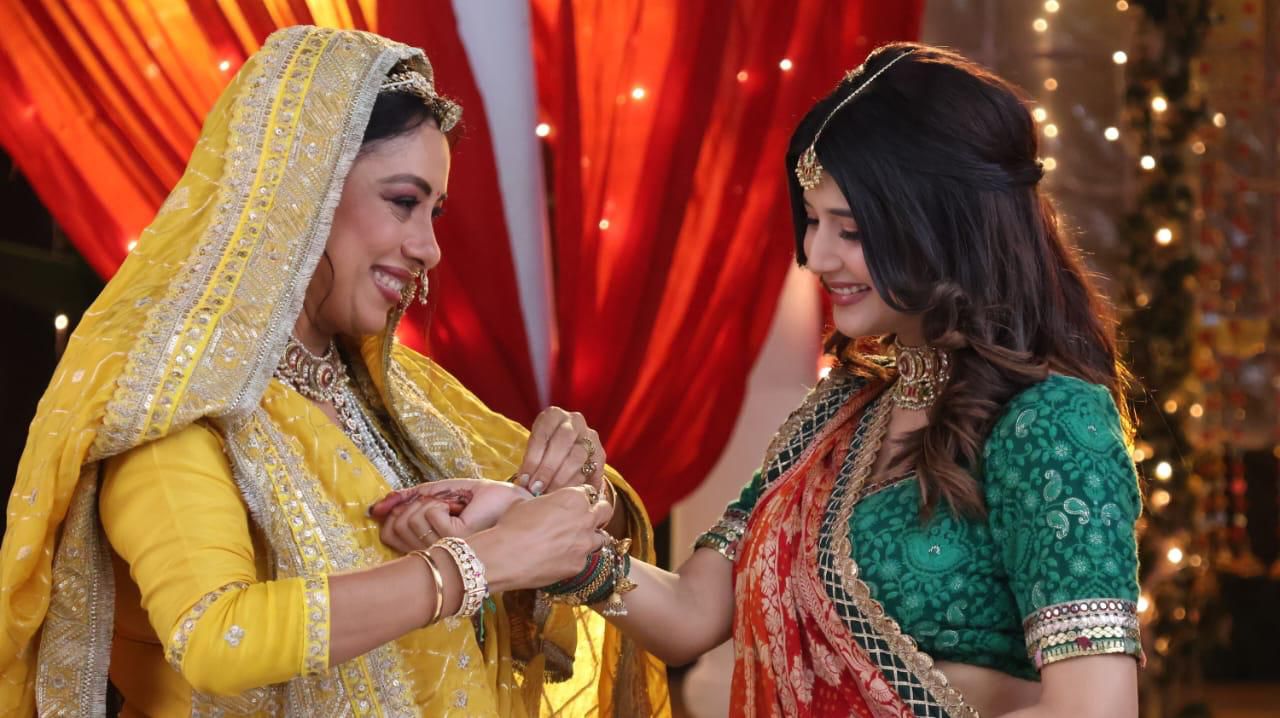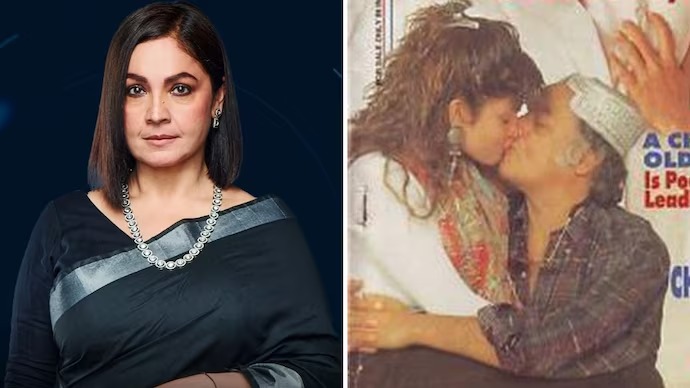
Pooja Bhatt, a prominent figure in Bollywood, recently graced the Bigg Boss OTT version, drawing attention with her insights. Renowned for her roles in several blockbuster films, Pooja engaged in a candid conversation with a leading news portal, offering clarity on her perspectives regarding the mindset of young participants on Bigg Boss.
In her discussion, Pooja delved into why she believes the new generation of Bigg Boss contestants possesses unique characteristics. She highlighted the dynamics of relationships between patriarchal women and feminist men, drawing parallels to the interactions within the realm of Bigg Boss.
Reflecting on her recent stint on the show, Pooja remarked on the distinct nature of the youth on Bigg Boss, contrasting it with her experience. She emphasized the age disparity, suggesting that true youthfulness is embodied by individuals much younger than those typically seen on the show.
Pooja recalled her interactions with the contestants, expressing her observations about the intensity of emotions displayed by the youth. She noted that at a younger age, emotions, including friendships, tend to be more pronounced, often blurring the lines between authenticity and pretense.
Discussing sisterhood in contemporary society, Pooja addressed the complexities surrounding women’s relationships. She acknowledged the diversity among women, highlighting the existence of both supportive feminists and patriarchal individuals within the female community.
Pooja further elaborated on the genuine camaraderie she experienced with her co-stars in the film “Big Girls Don’t Cry,” attributing it to genuine compatibility rather than forced circumstances. She credited the casting directors for selecting actors who naturally fit their roles, contrasting this with the artificiality often observed on Bigg Boss.
Also read. Bigg Boss OTT 2 Winner Elvish Yadav Gets Arrested
Overall, Pooja’s insights shed light on the nuanced dynamics prevalent among the younger generation of Bigg Boss contestants, offering valuable perspectives on contemporary relationships and societal norms.

